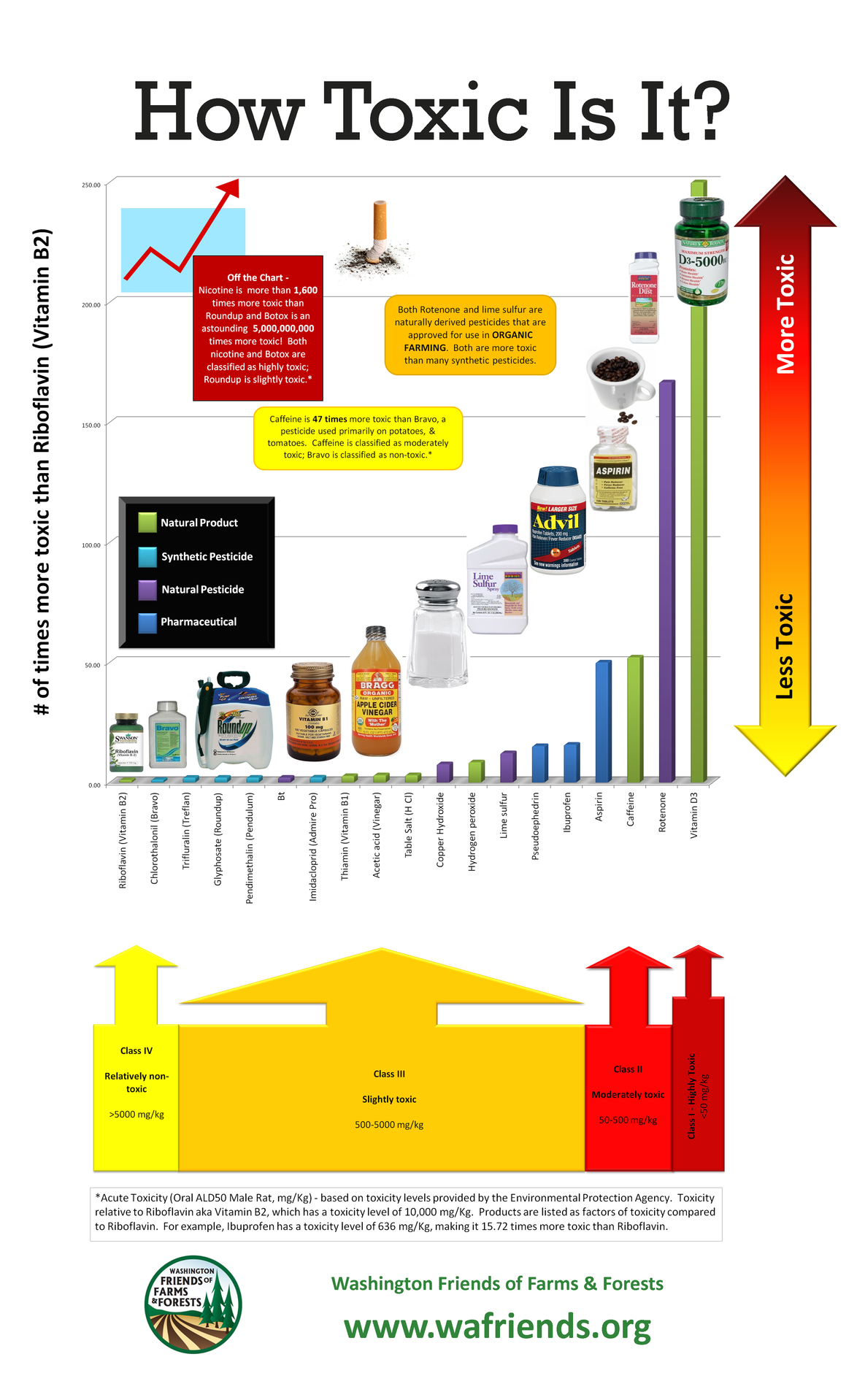Power Raid
We Exist To Win Premierships
Whats that got to do with offshore platforms modifying designs to allow for climate change?
You posted an article about an oil platform in the specific area of concern. The oil platform increased its redundancy by 50cm and the claim for doing so was global warming and sea levels.
The article is misleading for the reasons mentioned, specifically climate change increases sea levels by 2.5mm a year at best.
Flip it around.....what do you believe is causing 10cm variations in sea levels in the article?
Articles like what you posted are designed to mislead





